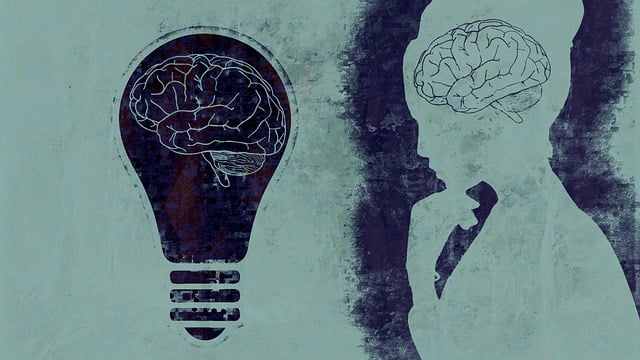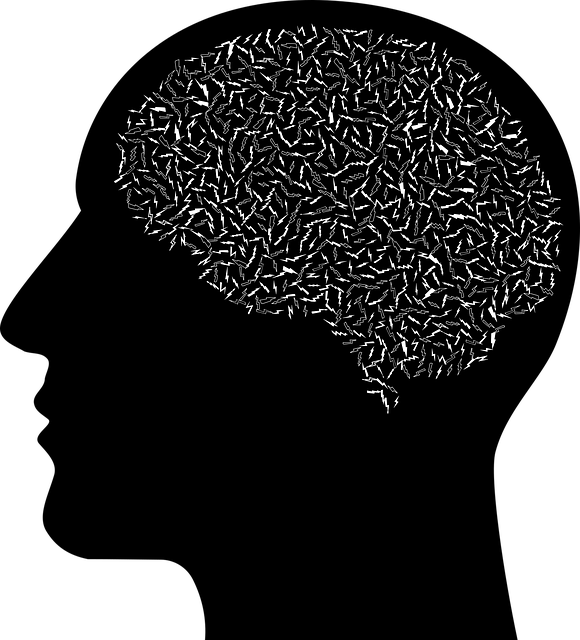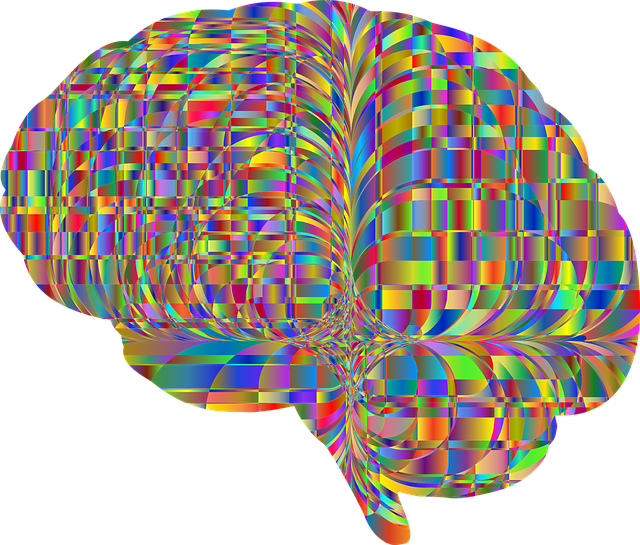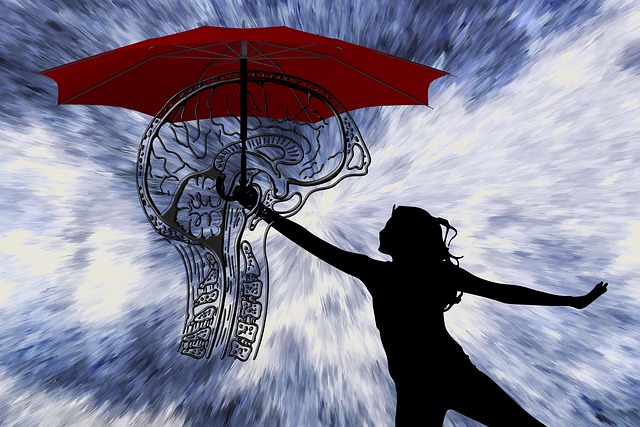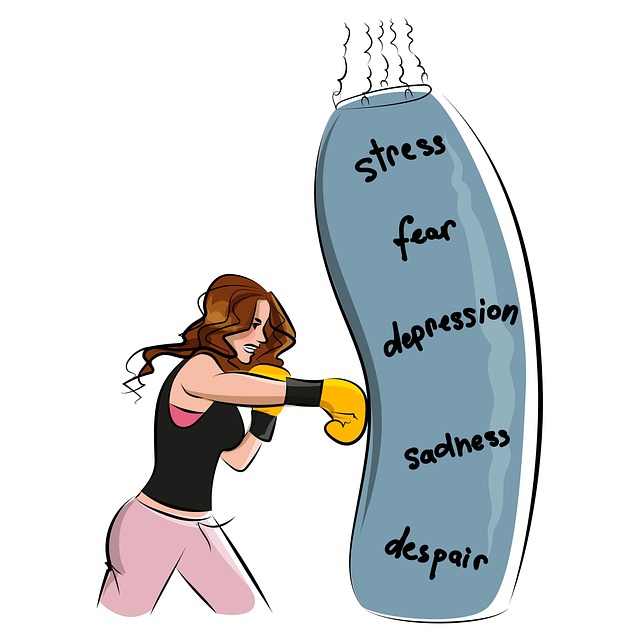Mental wellness in elders is a critical but often overlooked aspect, facing unique challenges like cognitive decline, depression, and anxiety exacerbated by social isolation and health issues. Specialized therapy is vital for managing conditions such as Attention-Deficit/Hyperactivity Disorder (ADD-ADHD) as seniors age. Risk factors include loneliness, lack of support, limited healthcare access, and cultural barriers, highlighting the need for culturally competent care and public awareness to normalize mental health conversations among older adults. Therapy serves as a cornerstone, addressing challenges like retirement, loss, and health transitions through tailored evidence-based practices. ADD-ADHD evaluations help identify unique senior challenges, with therapy employing multi-faceted approaches including medication management, cognitive behavioral therapy, and mindfulness meditation for improved focus and stress management. Early intervention empowers seniors to manage symptoms effectively, leading to enhanced mental wellness and overall well-being. Healthcare providers play a key role in comprehensive evaluations and evidence-based practices to prevent burnout and improve quality of life for elderly individuals dealing with ADD/ADHD.
Mental wellness promotion among the elderly is a growing focus, given the increasing aging population. This article delves into crucial aspects of maintaining and enhancing mental health in seniors, including common challenges and associated risks. We explore the critical role of therapy tailored to elder needs, focusing on how it can mitigate issues like attention disorders through comprehensive ADD-ADHD evaluations. Additionally, we uncover accessible resources and support systems designed to assist elderly individuals managing these conditions.
- Understanding Mental Wellness in Elders: Common Challenges and Risks
- The Role of Therapy in Promoting Elder Mental Health
- Uncovering Attention Disorders: ADD-ADHD Evaluations for Seniors
- Accessible Resources and Support for Elderly Individuals with ADD/ADHD
Understanding Mental Wellness in Elders: Common Challenges and Risks

Mental wellness in elders is a critical yet often overlooked aspect of healthcare. As people age, they may face unique challenges that impact their mental health. Common issues include cognitive decline, depression, and anxiety, which can be exacerbated by social isolation, physical health problems, and changes in living arrangements. Elders with conditions like Attention-Deficit/Hyperactivity Disorder (ADD-ADHD) often require specialized therapy to manage symptoms as they age.
The risk factors for mental wellness deterioration are multifaceted. Loneliness, a lack of social support, and limited access to quality healthcare can contribute significantly. Cultural competency training for healthcare providers is essential to ensure elders from diverse backgrounds receive personalized care. Public awareness campaigns focused on normalizing conversations about mental health in older adults can also help reduce stigma and encourage them to seek necessary evaluations and treatment, ultimately enhancing their overall well-being.
The Role of Therapy in Promoting Elder Mental Health

Therapy plays a pivotal role in promoting mental wellness among the elderly population. As individuals age, they may face unique challenges that impact their emotional well-being, such as retirement, loss of loved ones, and changes in health status. Therapists equipped with specialized training can provide crucial support during these transitional phases. Through evidence-based practices tailored to eldercare, therapists facilitate open conversations, helping seniors process grief, manage stress, and adapt to new circumstances. Moreover, therapy offers a safe space for older adults to explore cognitive issues, including conditions like ADD/ADHD, which can often be overlooked in this demographic but significantly impact daily functioning.
Incorporating compassion cultivation practices within therapeutic settings has proven effective in fostering resilience among the elderly. By encouraging empathy and self-compassion, therapists enable elders to navigate life’s challenges with greater equanimity. Crisis intervention guidance is another essential aspect of therapy for seniors, ensuring they have tools to manage acute emotional distress. Resilience building is a key outcome, empowering older adults to maintain mental wellness over time, despite external pressures or age-related changes.
Uncovering Attention Disorders: ADD-ADHD Evaluations for Seniors

Uncovering Attention Disorders is a crucial aspect of mental wellness promotion among seniors. ADD-ADHD evaluations play a pivotal role in identifying and understanding the unique challenges faced by older adults with these conditions. Many elders may have gone undiagnosed during their formative years, only for symptoms to resurface or become more apparent as they age. Recognizing Attention Deficit Hyperactivity Disorder (ADHD) in seniors is essential because it can significantly impact daily functioning, affecting everything from work performance and social interactions to overall quality of life.
Therapy for Elders with ADD-ADHD often involves a multi-faceted approach combining medication management, cognitive behavioral therapy, and techniques like mindfulness meditation to enhance focus and stress management skills. Early intervention and tailored support can empower seniors to navigate their symptoms effectively, improving their mental wellness and overall well-being.
Accessible Resources and Support for Elderly Individuals with ADD/ADHD

For elderly individuals with Attention Deficit Disorder (ADD) or Attention-Deficit/Hyperactivity Disorder (ADHD), accessing appropriate resources and support is essential for maintaining mental wellness. As age can sometimes complicate the presentation of symptoms, specialized services are required to accurately diagnose and treat ADD/ADHD in older adults. Therapy specifically tailored for elders with ADHD can be life-changing, providing coping skills development and strategies for mood management.
Healthcare providers play a crucial role in burnout prevention by offering evaluations that consider both physical and mental health. These evaluations should include discussions around lifestyle adjustments, medication reviews, and the integration of evidence-based practices. By addressing ADD/ADHD in older adults, healthcare professionals contribute to improved quality of life, enhanced independence, and reduced risk of cognitive decline—all vital aspects for supporting elderly individuals in navigating their unique challenges.
Promoting mental wellness in elders involves a multifaceted approach, from understanding common challenges like attention disorders through comprehensive ADD-ADHD evaluations, to providing accessible resources and support tailored for their needs. As recognized by experts, therapy plays a pivotal role in enhancing the overall mental health of seniors. By integrating these strategies, we can ensure that our elderly population receives the care they deserve, fostering not just survival but thriving in their later years.

